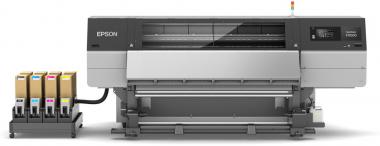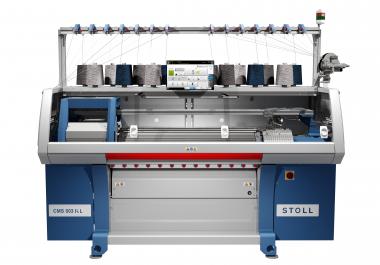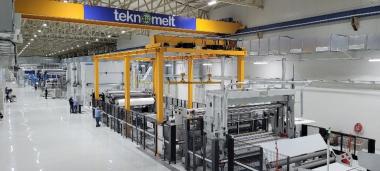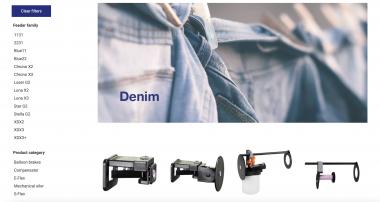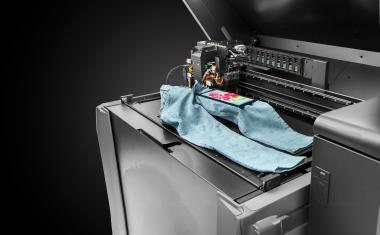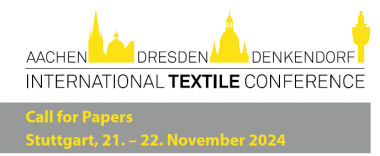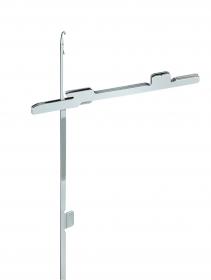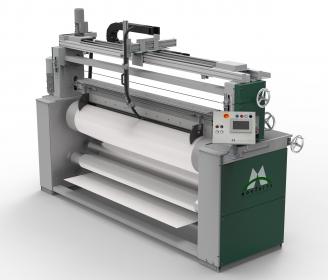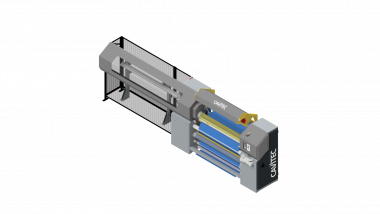Italian Trade Agency ITA at ITM 2024 with Italian Pavilion
The Italian Trade Agency (ITA) decided to participate in the ITM 2024 Exhibition this year with the Italian pavilion.
ITM 2024 International Textile Machinery Exhibition is preparing to host textile technology leaders in Istanbul on June 4-8, 2024. ITM 2024, which will be organized this year with the motto 'Discover the Future', will offer opportunities to discover the latest innovations in the sector, establish new business contacts and shape the textile world of the future together. The products to be exhibited at ITM 2024 Exhibition, which will bring together nearly 1300 domestic and foreign companies, will meet with thousands of buyers and visitors.
The Italian Trade Agency (ITA) is the governmental agency that supports the business development of Italian companies abroad and encourages the attraction of foreign investments to the country. ITA has decided to participate in the ITM 2024, which will be held at Tüyap Fair and Congress Center, as a pavilion. With this decision, ITA aims to further strengthen its presence in the sector and in Turkey.
ITM Exhibition, Tüyap Tüm Fuarcılık Yapım A.Ş. and Teknik Fairs Inc.








